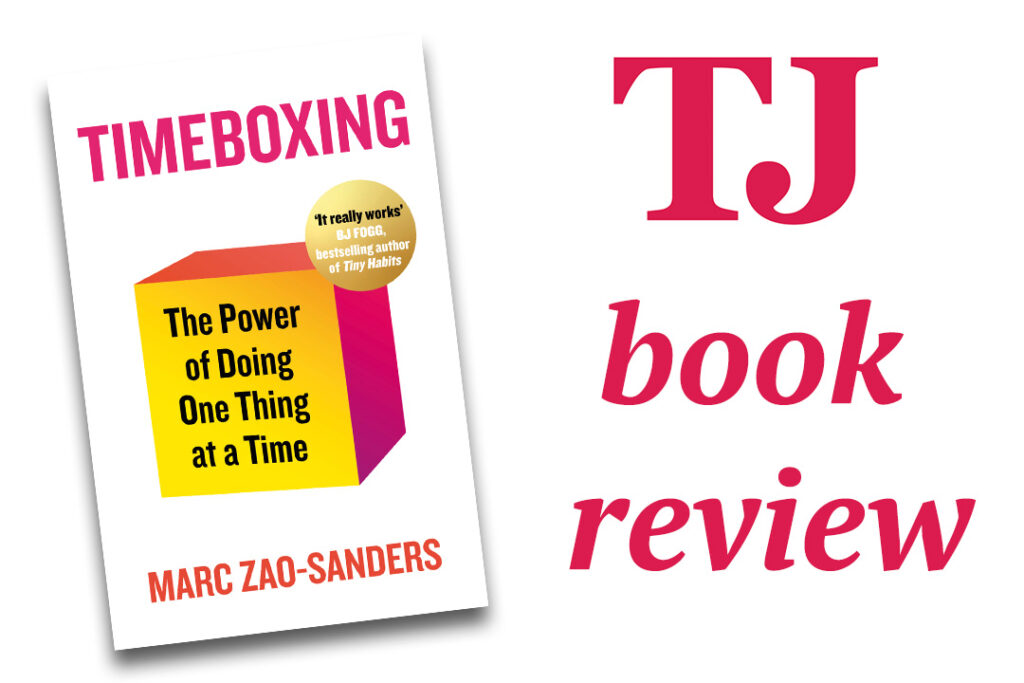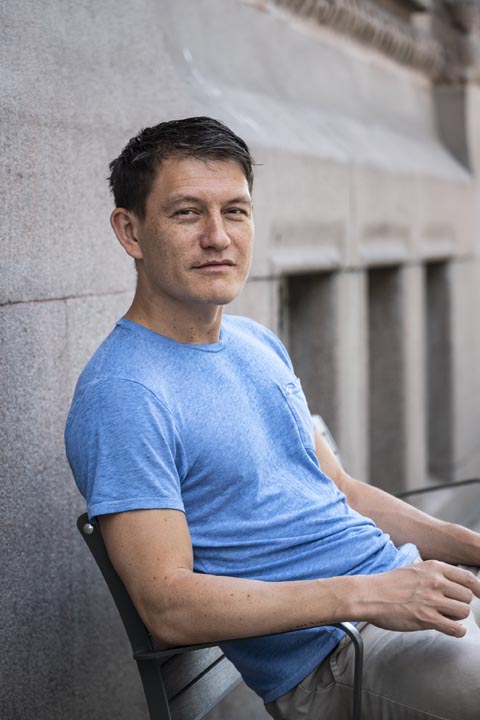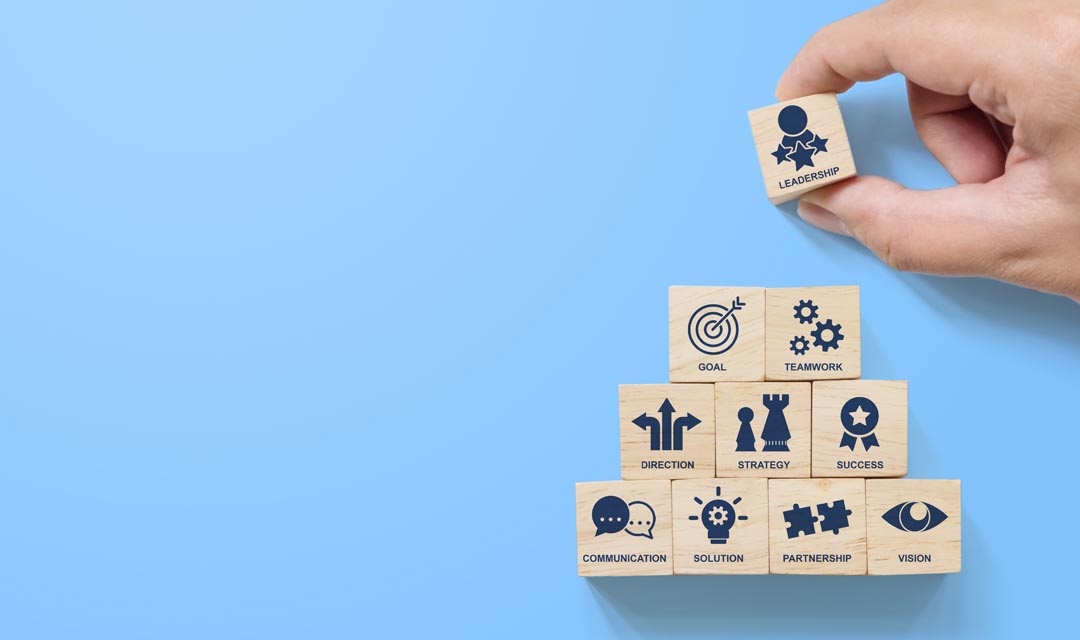TJ’s Editor, Jo Cook, talks to Marc Zao-Sanders, CEO of Filtered and author of Timeboxing: The Power of Doing One Thing at a Time
Training Journal: You’ve used the approach you shared in your book over a number of years – how has it impacted your work and those around you?
Marc: Yes, I’ve been timeboxing now for well over ten years. The effect it had on my work was massive and immediate. I was always working on what mattered most. It had a system for communicating that clearly to others in the team — for example, deadlines I set or were set for me were explicit and understood and timeboxing ensured I met the deadline for this very interview. I could think more clearly and more deeply in distraction-free, timeboxed periods. And perhaps most importantly, I felt much more in control. Though notifications, emails and thoughts would come thick and fast (and usually unbidden), causing stress, when I felt that I always knew where I was and where I should be. I would head back to the single task of the current timebox – it really was and is a tangible modern-day sanctuary.
Those easy benefits all come from making a small amount of time (a timebox) to do that little bit of planning
I’ll give a specific example. Each day, I have a ‘Meetings prep’ timebox for 30 minutes in my calendar, usually in the morning. In that half an hour I’ll run through all the meetings I have that day and make sure I’m at least a little prepared for each of them. That might be just two minutes of looking at who’s going to be at a meeting and reminding myself of what was said in the last meeting with that person or those people. But the difference between no prep and as little as two minutes of prep is palpable in terms both of performance in the meeting as well as how you feel about going into such meetings. Those easy benefits all come from making a small amount of time (a timebox) to do that little bit of planning. This is a good real-world example of how timeboxing enhances performance and serenity in one fell swoop.
Being the CEO of filtered.com, I’ve naturally talked about and encouraged timeboxing amongst the team. I also talk about it with clients, partners, suppliers and friends – anyone that will listen! Some take to it immediately, some take a little while. But I like to think that everyone at the company and quite a few outside have taken something positive from the practice. And that is, of course, exactly my hope for the book, just on a larger scale – a global one as the rights have been sold in 32 languages so far. The early signs are good. The most common feedback I get and the main thing I’d like to hear is that reading the book has quickly changed readers’ behaviour and habits.
TJ: What is timeboxing and how is it different from the average to-do list?
Marc: Timeboxing is the intentional daily practice of:
- selecting what to do, before the day’s distractions arise;
- specifying each task in a calendar, including when it will start and finish;
- focusing on one thing at a time;
- doing each to an acceptable (rather than perfect) standard.
When planning and deciding what to do, of course I will looking at and drawing from a to-do list
To bring that definition to life a bit, this means that every morning I wake up (usually around 6am), get dressed, brush my teeth and then spend the next 15 minutes planning how I’d like to spend the rest of my day (the next 15 hours of my waking existence). I call this 15/15: 15 minutes of planning to shape and optimise the next 15 hours of doing. Of course, you don’t need to stick to those numbers but 15/15 is how it usually is for me and an easy, catchy aspiration to remember.
Those 15 minutes of planning are special. I’m carrying them out when I’m at my best, fully rested after a night’s sleep and before most of the world is up. It’s tranquil. That means I can make good decisions for my future self during this time, much better decisions than when I’m hurried and harried by the unpredictable, relentlessly competing events of the day itself.
And when planning and deciding what to do, of course I will looking at and drawing from a to-do list. The to-do list gets a lot of criticism these days for being stressful itself or for being too long. I think you can certainly run a to-do list badly so that it brings negativity rather than positivity. But, done well, I believe they are an essential part of modern work and life, and a fundamental component of timeboxing. Between the to-do list, thoughts that have occurred overnight or that morning, and the calendar itself (for example, you might see another commitment later in the week that will require some preparation today), there will be plenty of material to fill out your day with well-chosen timeboxes. And don’t forget that timeboxes can be for breaks, exercise, meditation, lunch, etc, too. A day packed full of timeboxes needn’t be exhausting. It can and should be the perfect blend of activities for you to do lots and enjoy lots that day.
TJ: Your book talks about the modern knowledge-worker – what are some of the biggest challenges in corporate working life today?
Marc: The term ‘knowledge worker’ was coined by Peter Drucker more than half a century ago. Obviously, lots has changed since then but it’s still fundamentally true that many of us (now around a billion people) process information on computers for most of our working days.
If you’re intentional about your time you are, by definition, asserting your agency
Since then, the main changes I would say are the internet, smartphones and, especially over the past year, Artificial Intelligence. These three developments have brought us many benefits and removed many monotonous tasks from our workflows. But another consequence is that we’re always on; there’s always some more work that we could do and a ready means of doing it. We are tethered to work and the digital world in general. Now that so many of us work from home for a day or more each week, we are faced with the burden of choosing, at any given moment, between umpteen possible tasks. That is difficult, bewildering and stressful.
We modern knowledge workers really need to take back control and re-establish our own agency, while we’re at work as well as when we are at leisure. This is mostly to help us be and feel more in control and this is closely linked to our mental health, self-worth and freedom.
Timeboxing can be part of the solution here. If you’re intentional about your time you are, by definition, asserting your agency. But whether you explicitly use timeboxing to combat this technologically-induced overwhelm or not, we all need to find a way to manage our technology rather than have it manage us. To be concrete, we all need to have a system for dealing specifically with what I call the big three distractions: email, smartphones and our own internal thoughts.
TJ: How do you see technology supporting work-life balance in the future?
Marc: While technology can blur the lines between work and life, it can also be used to re-establish those boundaries and keep us where we want and need to be. Lots of software is having a go at that now. Google’s Time Insights tells you how much time you’re spending in the various important areas of your life (I have four: regular work, high-value work, book and leisure). Viva Insights does a similar thing as do various Apple, Android and other apps. In aggregate, these sorts of data from technologies can help HR teams spot patterns, anticipate behaviour and pre-empt negative outcomes such as disengaged staff, churn and below-par performance.
But there’s always going to be a tension between the convenience and power that these sorts of software offer and the rights and privacy that we want to keep as individuals. Who can make what sorts of interventions with what data? Policymakers internationally, nationally, and within companies will have a hard job striking the right balance on this.
Perhaps in a few decades’ time, the AI and robotics will reach such a level of proficiency and potency that all the hard work and heavy lifting is done and the drudgery over, for knowledge work and indeed all work. We will be true masters of ourselves and our planet and have achieved a utopia. But then what? What should we humans do all day? For that, we’ll still need a system for intentional living. It’s called timeboxing.

Marc Zao-Sanders is the author of Timeboxing: The Power of Doing One Thing at a Time
You can read a TJ book review here




